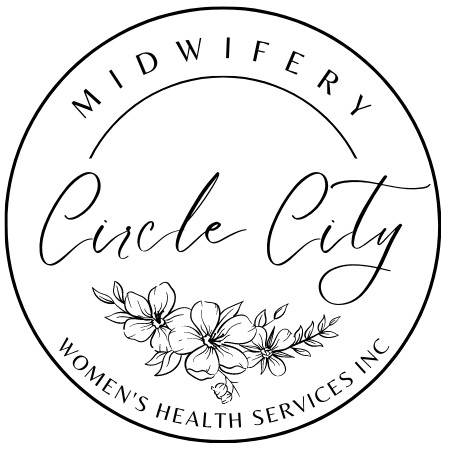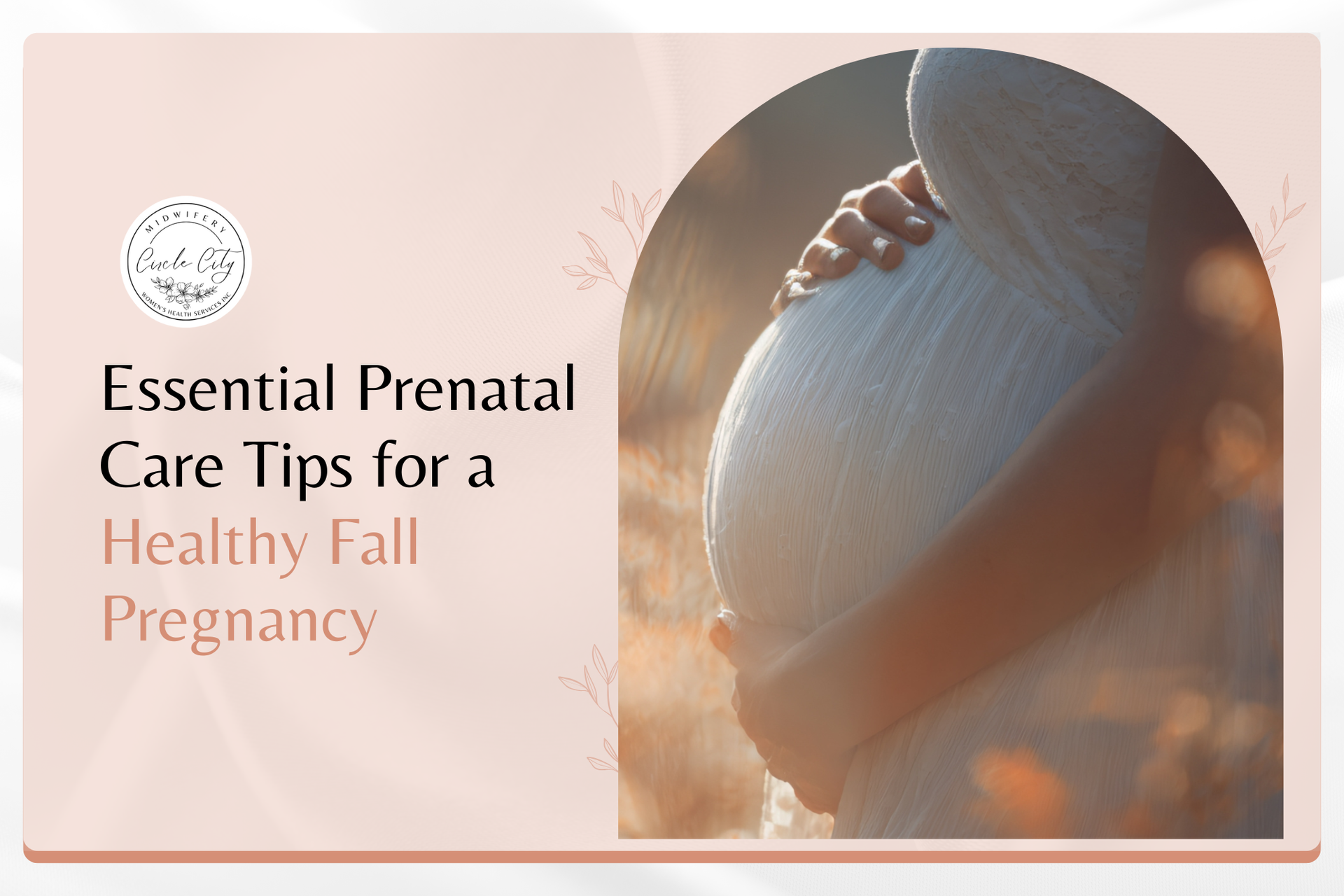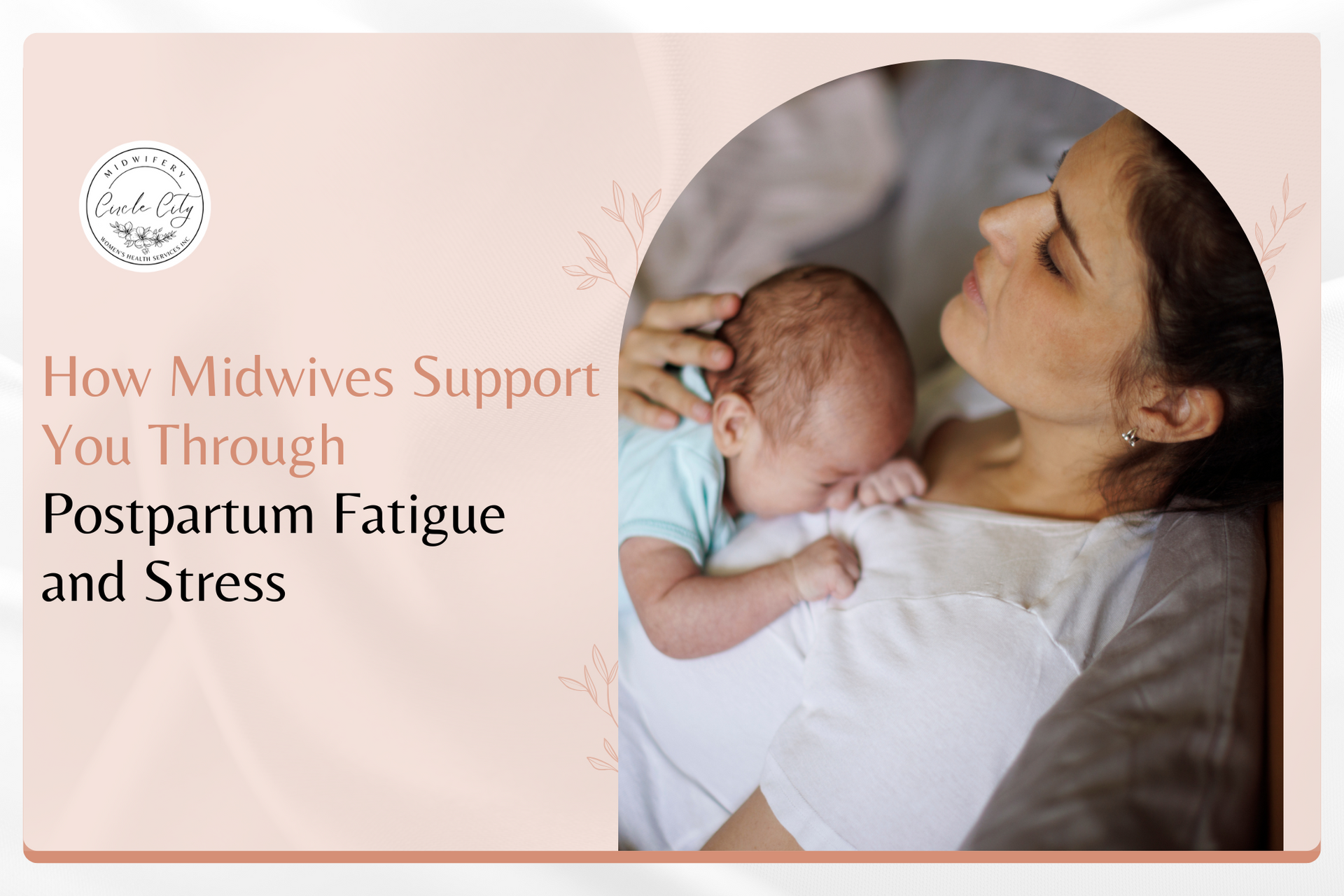As a mother, you strive to provide the healthiest way to nourish your little one. But what happens when you're feeling under the weather? This is when the dilemma of whether or not to breastfeed arises, bringing a mix of uncertainty and worry.
You’re not alone. Many mothers have asked, "Is it safe for my baby if I continue to breastfeed?" or "What if my sickness affects my milk supply?"
This blog delves into the realities of breastfeeding while sick, providing you with information and tips to ensure you and your baby remain healthy.
Can You Breastfeed While Sick?
Yes, it’s generally safe to breastfeed while sick with common illnesses like colds, flu, diarrhea, and
COVID-19. The primary concern is often not the breast milk itself but the close contact between the mother and baby, which could facilitate the spread of airborne illnesses.
The composition of breast milk may undergo subtle changes during illness.
Research has shown that the levels of certain components, like immune-boosting antibodies, increase when a mother is sick.
These antibodies are the body's way of fighting the illness, and you can pass them to the baby through breast milk. This transfer is crucial as it helps to build the infant's immune defenses, not just against the illness the mother is experiencing, but against a wide range of pathogens.
When Should I Pause or Stop Breastfeeding?
In the case of more serious infections or illnesses, there are concerns about the transmission of the disease through breast milk. Healthcare providers will advise you to stop or pause breastfeeding if you have any of the following:
- Measles
- Active tuberculosis
- Mastitis with abscess
- Herpes lesions on the breast
- Septicaemia or blood poisoning
- Viral infections such as HTLV-1
- Human Immunodeficiency Virus (HIV)
- Chemotherapy or radiotherapy treatment sessions for cancer
Is It Safe to Take Medications While Breastfeeding?
When you’re sick and breastfeeding, it's important to be cautious about medication use, as certain drugs pass through the breast milk and could harm the baby. Most medications are generally safe during breastfeeding, but there are exceptions and special considerations.
Safe medications for breastfeeding mothers
- Over-the-counter (OTC) drugs like acetaminophen (Tylenol), ibuprofen (Advil, Motrin), and certain antihistamines
- Prescription medications such as certain antibiotics, anticoagulants (like heparin), and medicines for chronic conditions like asthma, diabetes, and high blood pressure
Medications to avoid or use with caution
- High-dose vitamin supplements
- Decongestants containing pseudoephedrine
- Certain prescription drugs, like codeine phosphate
- Pain relief medication, particularly aspirin
- Medications for certain chronic conditions or serious illnesses, like cancer drugs, some epilepsy and seizure medicines, and some migraine treatments
Almost all non-prescription drugs have precautions for nursing mothers, so it's best to consult directly with a healthcare provider before using any medication. You may also refer to trusted medical sources like the Centers for Disease Control and Prevention (CDC) and
the
Infant Risk Center.
Precautions and Best Practices
While it's beneficial to continue breastfeeding even when you're sick, it's critical to safeguard the health and safety of both yourself and your baby. Consider taking these precautions:
- Get as much rest as possible for faster recovery.
- Frequently wash your hands before handling your baby or any breastfeeding equipment.
- Wear a mask while breastfeeding to prevent the spread of airborne pathogens.
- Avoid coughing or sneezing near your baby, and use tissues or your elbows to cover any coughs or sneezes.
- Increase the ventilation of your room or use an air purifier to prevent the virus from spreading.
- Drink lots of fluids and eat a
healthy diet rich in vitamins and minerals to maintain a robust milk supply and aid in your recovery.
Alternative Feeding Options
If you can't breastfeed, pumping milk is the first alternative to consider. To maintain milk supply, you should try to pump as regularly as your baby would normally feed. After pumping, store the milk in clean, sterilized containers.
You can keep freshly pumped milk in the refrigerator for up to four days and in the freezer for longer periods. Always label milk with the date it was expressed. For more information, check
the
CDC's Storage and Preparation of Breast Milk guide.
When breast milk is not available, formula feeding is the next alternative. Consult a
pediatrician to choose a formula appropriate for your baby's age and dietary needs. Carefully follow the instructions for formula preparation and storage. Use boiled and cooled water, and avoid storing prepared formula for prolonged periods to prevent bacterial growth.
For older infants around six months of age, introducing solid foods can be an additional or alternative source of nutrition. Start with small amounts of single-ingredient foods and gradually increase variety and quantity.
Other FAQs
1. Can I drink my own breast milk if I’m sick?
While the idea might seem unusual, drinking your breast milk while sick is not harmful. However, breast milk's nutritional and immunological benefits are specifically produced for infants, not adults. There is limited evidence that breast milk can aid adults in recovering from illnesses.
If you're considering this for health reasons, it's more effective to focus on a balanced diet, proper hydration, and following medical advice for your specific illness.
2. Will my milk supply decrease if I am sick?
Dehydration, reduced breastfeeding frequency due to fatigue, and stress can reduce your milk supply. To combat this, try to maintain regular breastfeeding or pumping sessions as often as you can. Keep yourself well-hydrated and consume nutrient-rich foods. If there is a significant decrease in milk supply, reach out to a lactation consultant for strategies to increase supply again.
3. Should I breastfeed my sick baby?
Breast milk provides vital nutrition and essential antibodies that help fight the infection your baby might be facing. It also comforts your baby, providing them warmth and closeness.
If your baby has trouble feeding due to nasal congestion, you should feed more frequently with shorter durations. Always monitor your baby's hydration and consult your pediatrician if you have any concerns.
4. Is it safe to get vaccinated while breastfeeding?
Vaccinations, including flu, MMR (measles, mumps, and rubella), and COVID-19 shots, are generally safe during breastfeeding. You can even
pass protective antibodies to the infant. However, you need to consult your healthcare provider to understand potential risks or side effects.
Navigate Motherhood With Ease!
Your concern about the safety of breastfeeding while ill is perfectly normal and underscores the deep care you have for your baby’s well-being. Thankfully, it’s reassuring to know the human body’s remarkable ability to protect and nourish infants, even in sickness.
Whether you have questions or need guidance in your motherhood journey, our team of
certified nurse-midwives (CNMs)
is here to address any concerns you might encounter. Call 951- 547 or fill out our
contact form to schedule a consultation.














